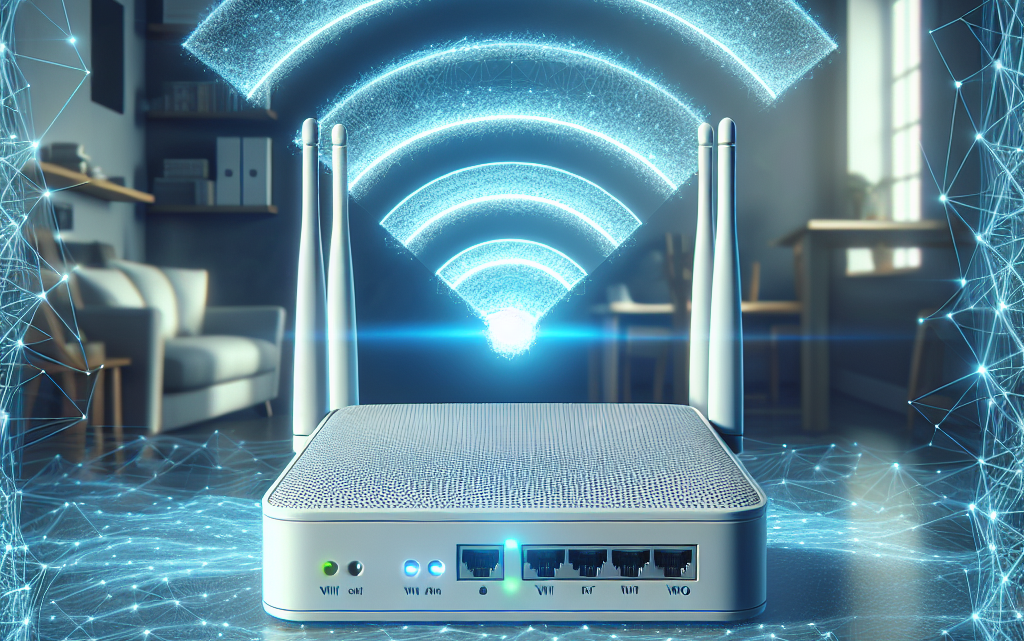Introduction
Frequent WiFi disconnections can be incredibly frustrating, especially in a world where stable internet connection has become a necessity. If you are wondering, ‘Why is my WiFi connection dropping frequently?’, you are not alone. Various factors could be affecting your WiFi stability, from hardware issues to signal interference. This article delves into the common causes for frequent WiFi dropouts and suggests practical solutions to remedy the situation.
Common Causes of WiFi Disconnections
Understanding why your WiFi connection drops frequently requires identifying the root causes. Here are some of the most common reasons:
- Signal Interference: Other electronic devices like microwaves, cordless phones, and even neighboring WiFi networks can interfere with your WiFi signal.
- Router Placement: The placement of your router significantly affects its signal strength and coverage.
- Outdated Router Firmware: If your router’s firmware is not up to date, it may cause connectivity issues.
- ISP Issues: Sometimes, the problem lies not within your home but with your internet service provider (ISP).
- Network Congestion: Multiple devices connected to the same network can lead to overload and cause drops in connectivity.
Tabular Overview
| Cause | Description |
|---|---|
| Signal Interference | Interference from other electronic devices and neighboring WiFi networks |
| Router Placement | Router is not centrally placed or is obstructed |
| Outdated Router Firmware | Firmware needs to be updated to the latest version |
| ISP Issues | Provider-side downtime or throttling |
| Network Congestion | Too many devices connected to the network at once |
Signal Interference
Signal interference is one of the most common causes of frequent WiFi disconnections. Devices such as microwaves, cordless phones, and even baby monitors can greatly affect your WiFi signal. To minimize interference, place your router away from these devices.
Solution for Signal Interference
- Relocate the router away from other electronic devices.
- Switch to a less congested WiFi channel.
- Use the 5GHz band instead of the 2.4GHz band if your devices support it.
Router Placement
The placement of your router plays a crucial role in ensuring a stable WiFi connection. If your router is placed too far from your devices or if there are too many obstacles in between, the signal may weaken and cause disconnections.
Optimal Router Placement Tips
- Place your router in a central location.
- Ensure it is elevated at least 1 meter above the ground.
- Avoid placing the router in enclosed spaces like cabinets.
- Limit the number of obstacles like walls and furniture between the router and your devices.
Outdated Router Firmware
Router firmware updates often come with improvements in performance and security enhancements. Using outdated firmware can cause your router to behave unpredictably and result in frequent disconnections.
Updating Router Firmware
- Access the router’s admin panel by typing its IP address into your web browser.
- Navigate to the firmware or update section.
- Download and install the latest firmware.
- Restart your router to apply the updates.
ISP Issues
Issues with your internet service provider can also cause frequent WiFi disconnections. ISP-related issues may include maintenance work, network congestion at the provider level, or throttling of your bandwidth.
Resolving ISP Issues
- Contact your ISP to check for any ongoing issues or outages.
- Inquire about an upgrade if your internet plan is insufficient for your needs.
- Consider switching to a different ISP if the issues persist.
Network Congestion
Network congestion occurs when too many devices are connected to the same network simultaneously, leading to communication overload and frequent disconnections.
Minimizing Network Congestion
- Limit the number of devices connected to your WiFi network.
- Use Ethernet connections for high-bandwidth devices like gaming consoles and smart TVs.
- Invest in a more robust router with better bandwidth management.
Conclusion
Frequent WiFi disconnections can stem from various factors, including signal interference, poor router placement, outdated firmware, ISP issues, and network congestion. By identifying and addressing these issues, you can significantly improve your WiFi stability. If all else fails, consulting a professional or upgrading your equipment may be necessary. A stable WiFi connection is essential for a seamless online experience, so taking the time to optimize your setup is well worth the effort.

